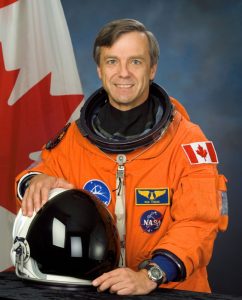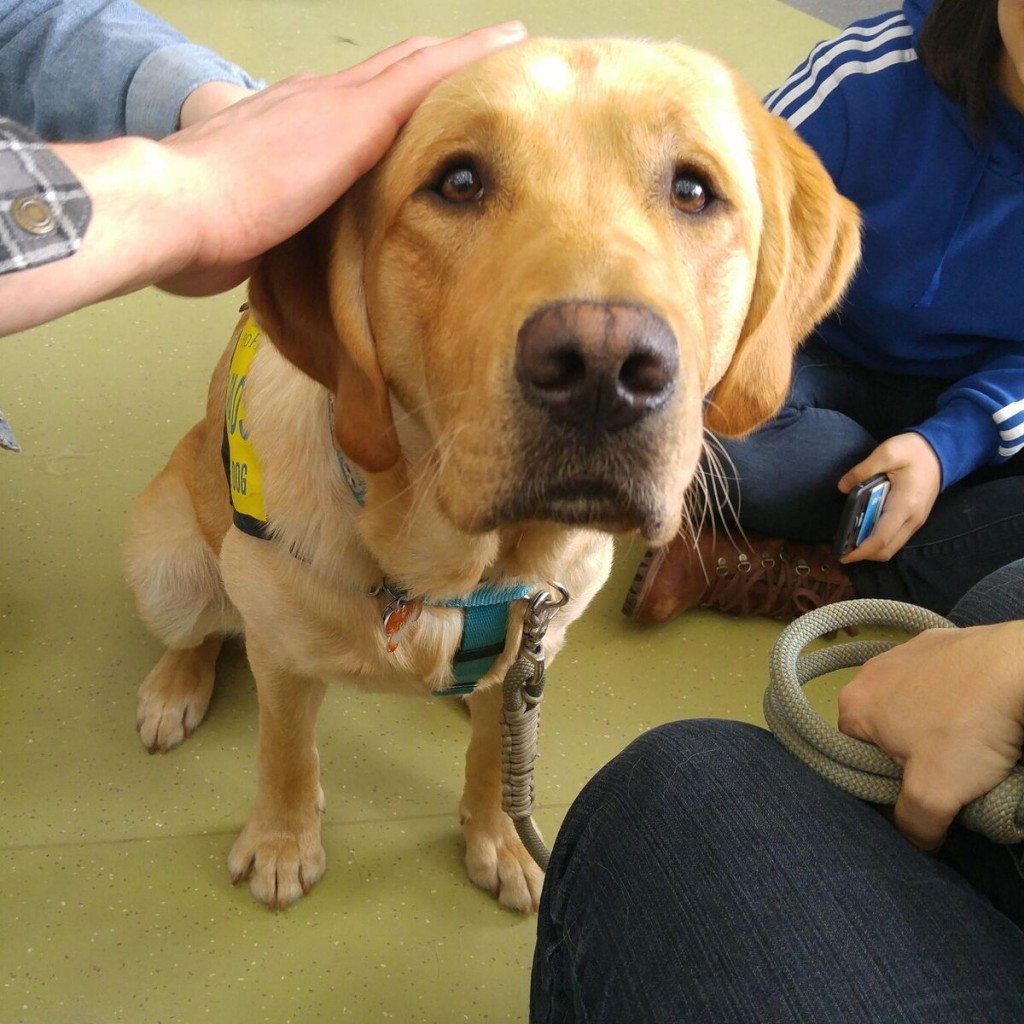
Dr. Robert Thirsk’s recognition emphasizes significance of space exploration
By Naomi Ambrose, Staff Writer
In a recent Douglas College press release, Dr. Robert Thirsk—an astronaut, physician, educator, and space healthcare leader—was announced as Douglas College’s 2019 Honorary Fellow awardee.
According to Douglas College’s website, “Douglas College awards an Honorary Fellow designation to recognize outstanding achievement or distinguished service by an individual on a community, provincial, national, or international scale […] One or more Honorary Fellow designations may be conferred at the February and June convocation ceremonies.”
The press release also highlighted some of Thirsk’s achievements. His accomplishments include his inaugural space mission in 1996, where he spent 17 days aboard the space shuttle Columbia. During this mission Thirsk and six international crewmates conducted many experiments in life and materials science.
His other awards and honors include the NASA Distinguished Public Service Medal, the Yuri Gagarin Medal, and the Order of British Columbia and Officer of the Order of Canada.
Some of Thirsk’s educational contributions were also mentioned.
“[Dr Thirsk] has, along with education specialists, developed space-related study materials for K-12 school students that have allowed millions of young Canadians to experience the thrill of scientific discovery,” stated the press release.
Thirsk’s honorary recognition highlights the value of astronomy and space exploration. According to Will Gunton, a Douglas College astronomy professor, “in the process of trying to understand the Universe, we can answer many questions about our more direct world.
“A lot of technology that we use in our daily lives had its start in astronomy research and space exploration (everything from the technology used in most modern cameras to satellite communication and memory foam on your bed),” said Gunton in an email interview with the Other Press.
Apart from showcasing the societal value of astronomy and space exploration, Thirsk’s accomplishments also remind us of the astronomical explorations we can do right here on Earth.
“Astronomy is one of the most accessible sciences. Anybody can head outside on a dark night, look up at the sky, and ‘do astronomy,’” said Gunton. “A night sky filled with stars has a unique ability to inspire a sense of awe at our natural world, and to spark any number of questions about our place in the world, and how it works.”


